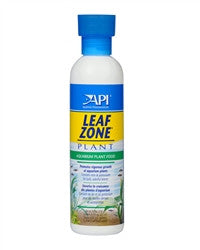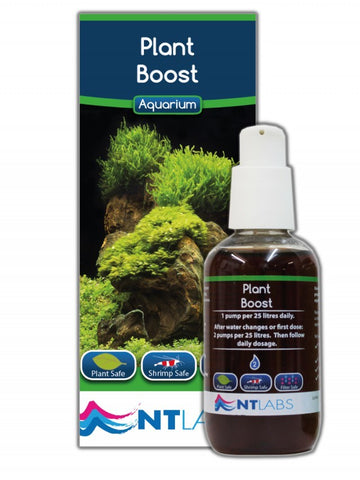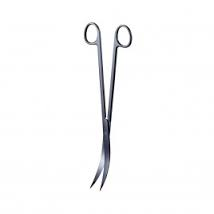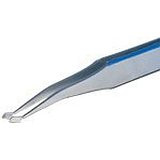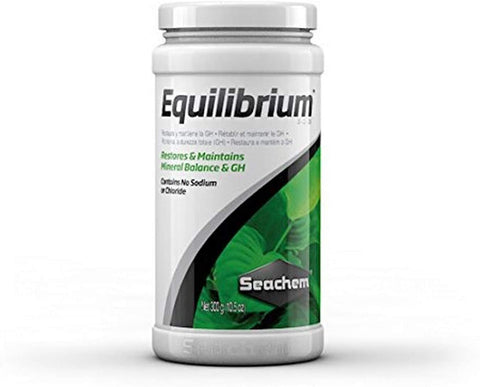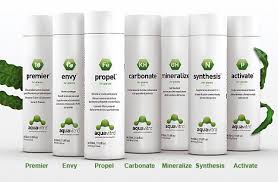
Aquavitro Plant Care
Envy
envy™ is a comprehensive carbohydrate, vitamin, amino acid, and polyunsaturated fatty acid supplement that addresses the micro and trace nutritional requirements of plants. envy™ contains ascorbic acid in a base of chlorella that contains a rich assortment of amino acids and vitamins.
Chlorella is a unique algae that grows in fresh water. It is extremely high in enzymes, vitamins and minerals, including the full vitamin-B Complex. It is over-flowing with unsaturated fatty acids, amino acids, and proteins. There are also vitamins found in Chlorella including: Vitamin C, pro-vitamin A (B-carotene), thiamine (B1), riboflavin (B2), pyridoxine (B6), niacin, pantothenic acid, folic acid, Vitamin B12, biotin, choline, Vitamin K, lipoic acid, and inositol. Minerals in Chlorella include: phosphorus, calcium, zinc, iodine, magnesium, iron, and copper. It contains a higher level of amino acids than spirulina and is FDA approved for use with ornamental fish.
Propel
Iron is immobile in plants; this means that plants cannot deliver iron from older leaves to new ones. Therefore, deficiency symptoms appear first on new or young leaves. Because plants use iron to produce chlorophyll, a lack of iron results in chlorosis, or yellowing, of the younger leaves. Stems may also appear short and slender. If the deficiency is severe and prolonged, each new leaf emerges lighter in color than the preceding leaf.
propel™ is a concentrated (10,000 mg/L) source of ferrous iron. This ferrous iron is a mixture of readily available and time-released iron.
If iron is provided in the ferric form (Fe3+) then it must be reduced by the plant to the ferrous form (Fe2+) before it can be utilized. This process of conversion (known as reduction) requires the plant to expend physiological energy. propel™ provides iron already in the ferrous form thus enhancing iron utilization. In addition, propel™ contains a reducing agent that helps convert any iron present (such as iron from substrate) into the ferrous form.
Carbonate
Carbonate hardness, (KH), is a measure of the bicarbonate & carbonate content of the water. Carbonate hardness contributes to pH stability and can also act as a CO2 backup reserve if CO2 levels fall too low.
carbonate™ is derived from potassium bicarbonate. It increases both carbonate hardness and potassium. The concentration of carbonate™ is 2000 meq/L (5600 dKH). In addition, it contains 78,300 mg/L potassium.
Mineralize
General hardness is the divalent metal cation content of the water. In most water this is comprised primarily of calcium and magnesium. Soft water has a low concentration of dissolved divalent cations, hard water a high concentration.
The native environment of some plants (Cryptocoryne, Aponogeton, etc.) is soft, whereas others (Sagittaria subulata, Riccia fluitans, etc.) are more acclimated to hard water. In order to replicate these environments it may be necessary to adjust hardness.
mineralize™ is a blend of divalent salts designed to restore or increase general hardness.
Synthesis
Nitrogen is one of the three macro nutrients (NPK) required by plants. It is a component of proteins and nucleic acids. Nitrogen is mobile in plants. This means the plants divert these nutrients from older leaves to new leaves. Thus, deficiency symptoms appear in older leaves first. Nitrogen deficiency symptoms include chlorosis; slow growth; and small, stunted plants with large root systems.
Nitrogen comes in a variety of forms (nitrate, ammoniacal, urea). While plants can use all three forms the form that is preferred varies by species. Thus nitrogen supplements derived solely from just one form (nitrates) will not be as effective as a supplement that provides all three forms.
synthesis™ is a concentrated (30,000 mg/L N) nitrogen source. synthesis™ is unique in that it provides nitrogen in all three forms. Approximately 50% of the nitrogen in synthesis™ is derived from an organic source (urea), while the remaining nitrogen splits at about 25% each from nitrate and ammoniacal sources.
Activate
Phosphorus is one of the three macro nutrients (NPK) required by plants. It is a component of ATP, NADP, nucleic acids and membrane phospholipids. Phosphorus is mobile in plants; this means that the plants divert these nutrients from older leaves to newer leaves. Thus, deficiency symptoms appear in older leaves first. Deficiency symptoms include dark, dull, or discolored leaves.
activate™ is a concentrated (6,000 mg/L P) phosphorus source. When used as directed, activate™ will enhance and accelerate the growth of aquatic plants without enhancing algae growth. For maximum benefit, use with synthesis™.
activate™ is made with potassium salts of various phosphates, and is therefore a source of potassium as well. It contains 8,800 mg/L of potassium.
Premier
premier™ is a conditioner specifically designed for the planted aquarium. It removes chlorine and chloramines. premier™ is non-acidic and will not impact pH. Use at start-up and whenever adding or replacing water.
premier™ is a concentrated solution of potassium thiosulfate which removes both chlorine and chloramines. Although a thiosulfate-based conditioner is not recommended for saltwater aquaria because of the ammonia produced when it reacts with chloramines, it is perfect for the planted aquarium. The ammonia produced from chloramine by premier™ is predominantly in the ammonium form, and is thus rapidly scavenged by plants*.
We Also Recommend

